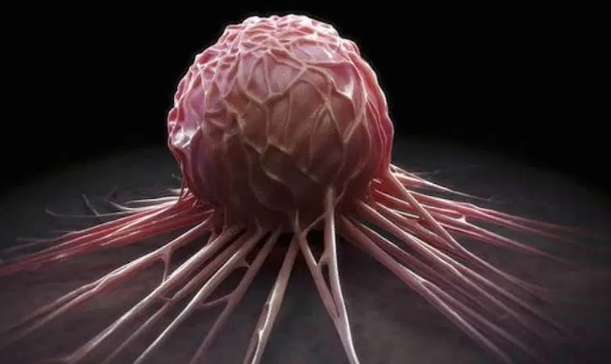The Australian Commonwealth Scientific and Industrial Research Organisation (CSIRO) has identified a gene that plays a critical role in regulating the body’s immune response to infection and cancer.
The gene has existed for 500 million years, but as CSIRO researcher Cameron Stewart explained, its identification could lead to the development of new treatments for a “variety of diseases including cancer, flu diabetes and inflammatory disorders such as rheumatoid arthritis”.
“Our immune system produces proteins called cytokines that help fortify the immune system and work to prevent viruses and other pathogens from replicating and causing disease,” Stewart said in a statement.
“The gene, called ‘C6orf106 or C6’, regulates this process by switching off the production of certain cytokines to stop our immune response from spiralling out of control.”
Rebecca Ambrose, who was part of the CSIRO team that discovered the gene, said: “There are still thousands of genes that we know very little about.
“It’s exciting to consider that C6 has existed for more than 500 million years, preserved and passed down from simple organisms all the way to humans.
“But only now are we gaining insights into its importance.”
Researchers are enlisting the help of the science community to name the gene, and a shortlist of names will be made available for final approval by a governing third party.
Copyright 2025 TheCable. All rights reserved. This material, and other digital content on this website, may not be reproduced, published, broadcast, rewritten or redistributed in whole or in part without prior express written permission from TheCable.
Follow us on twitter @Thecablestyle

